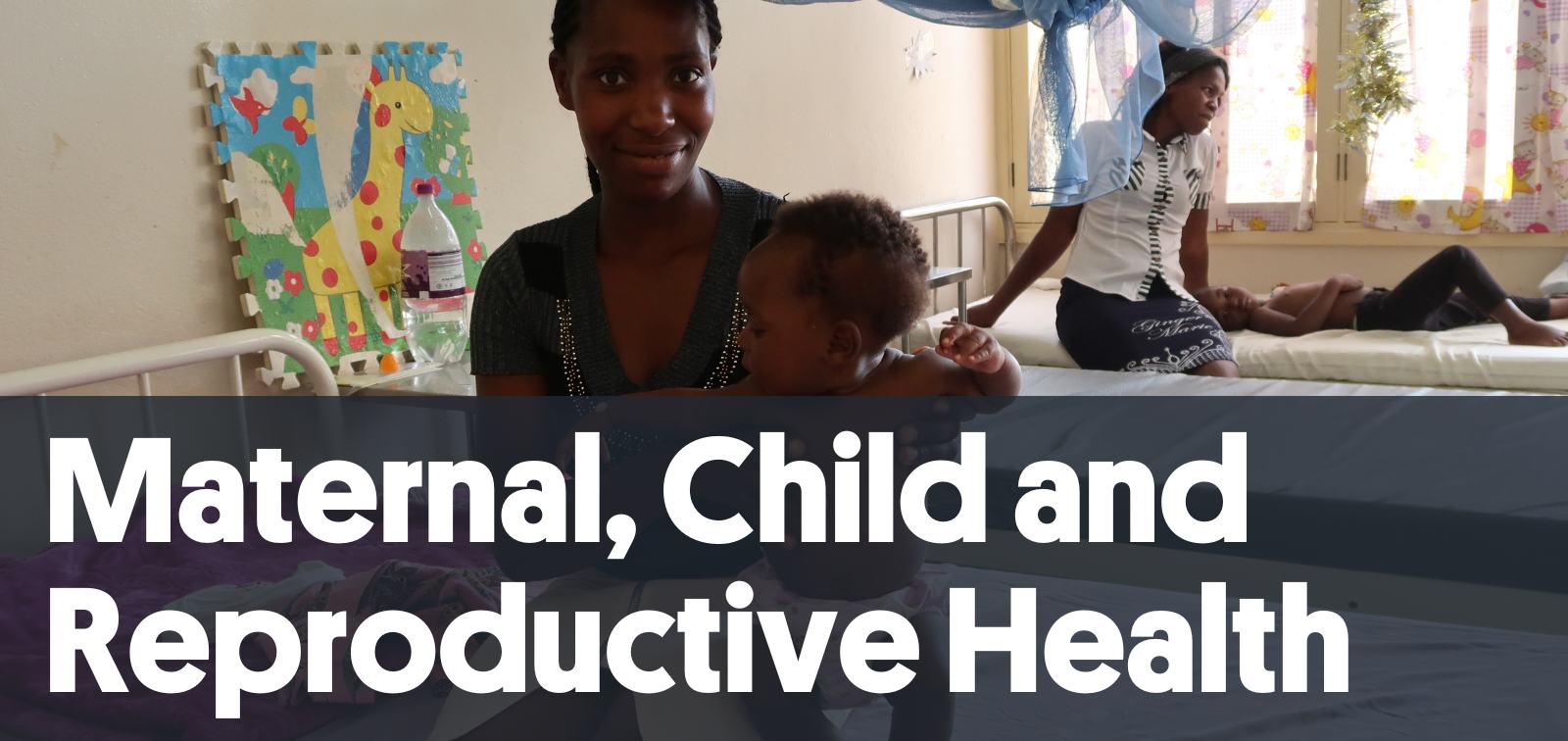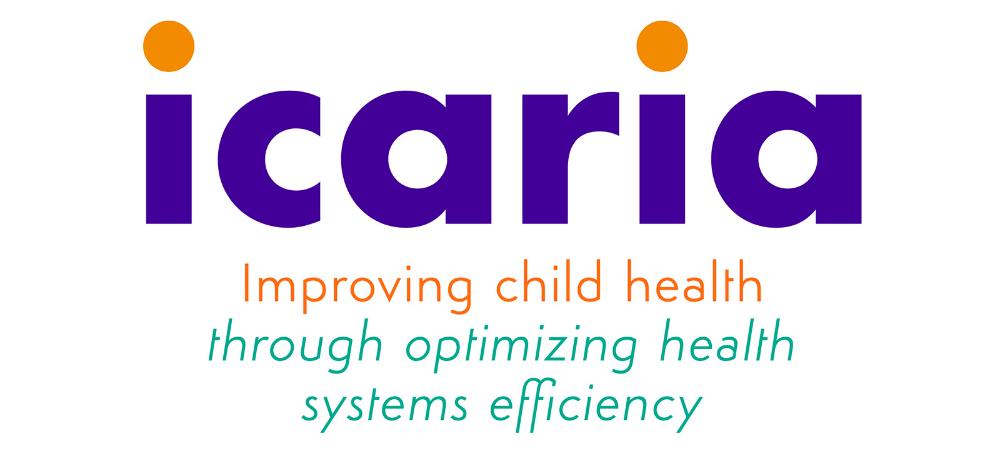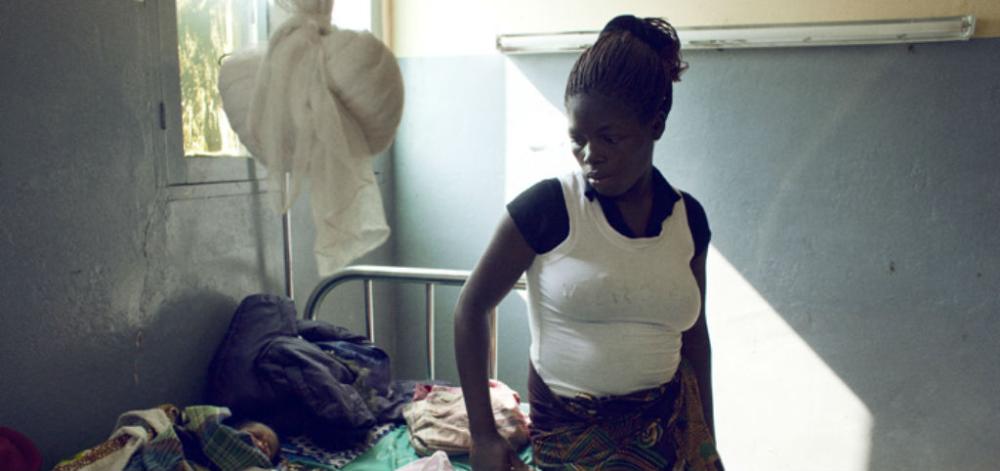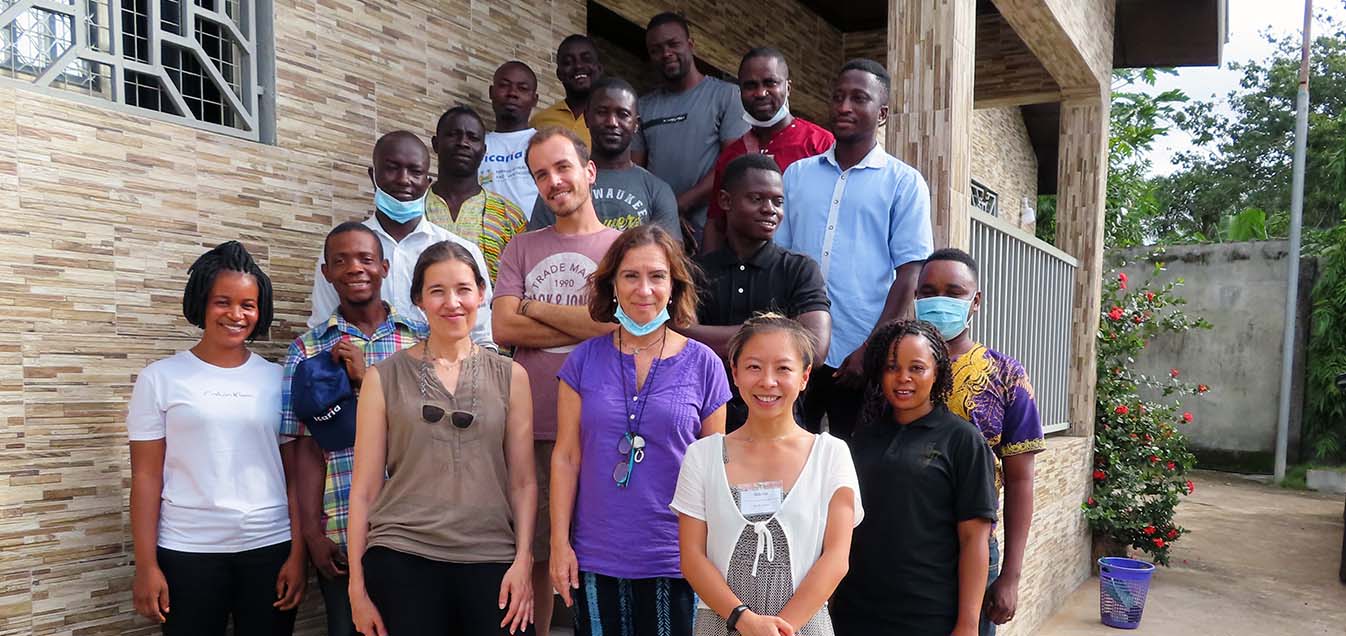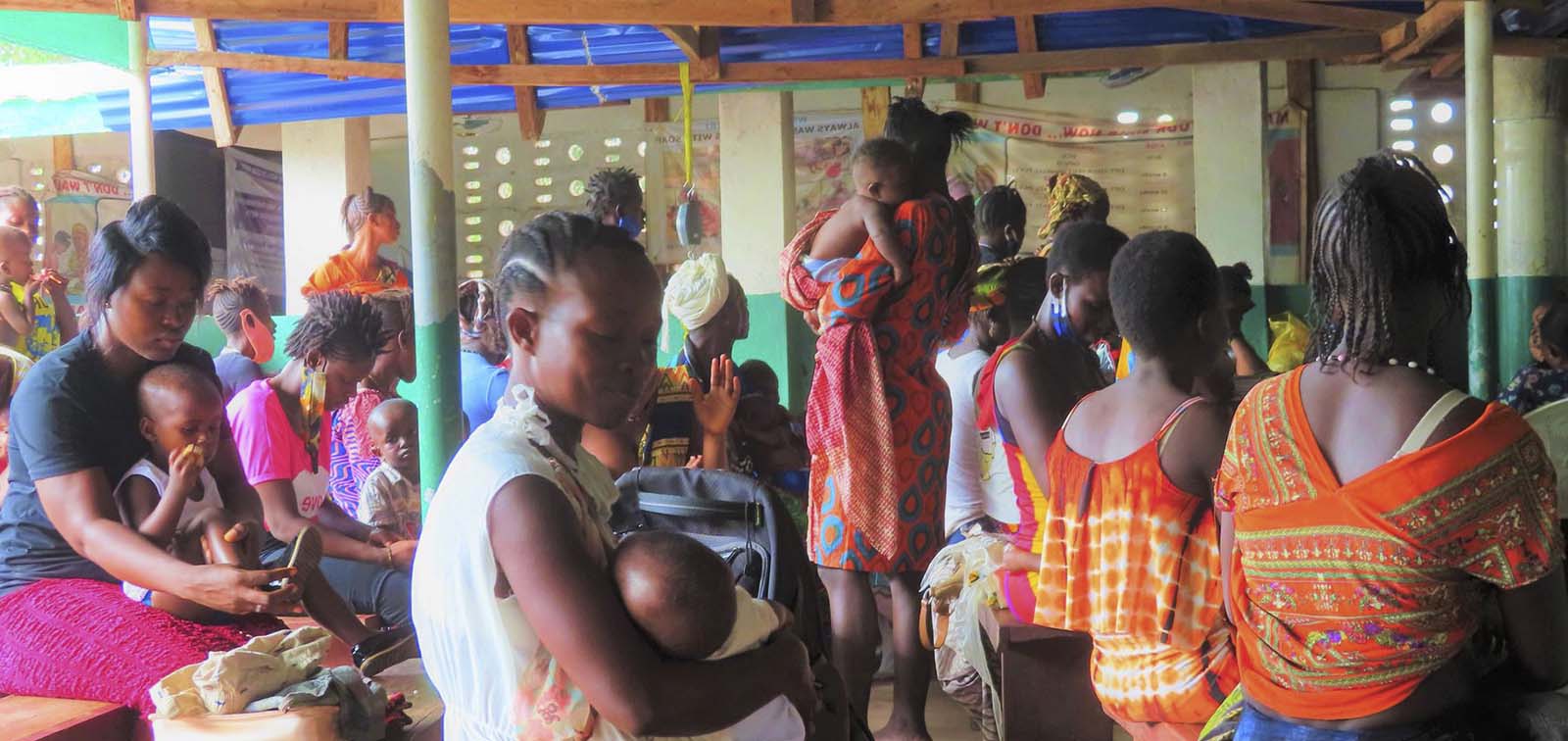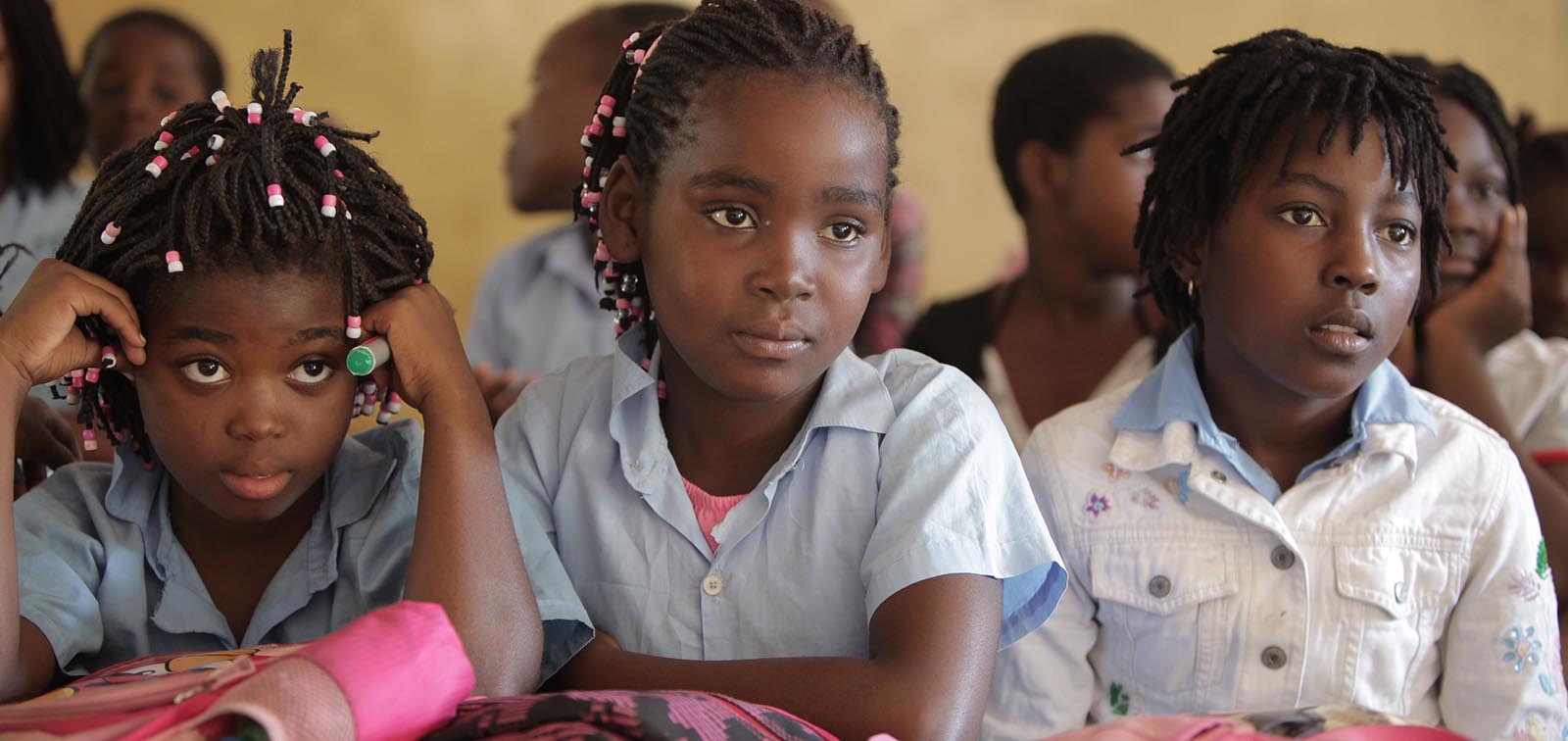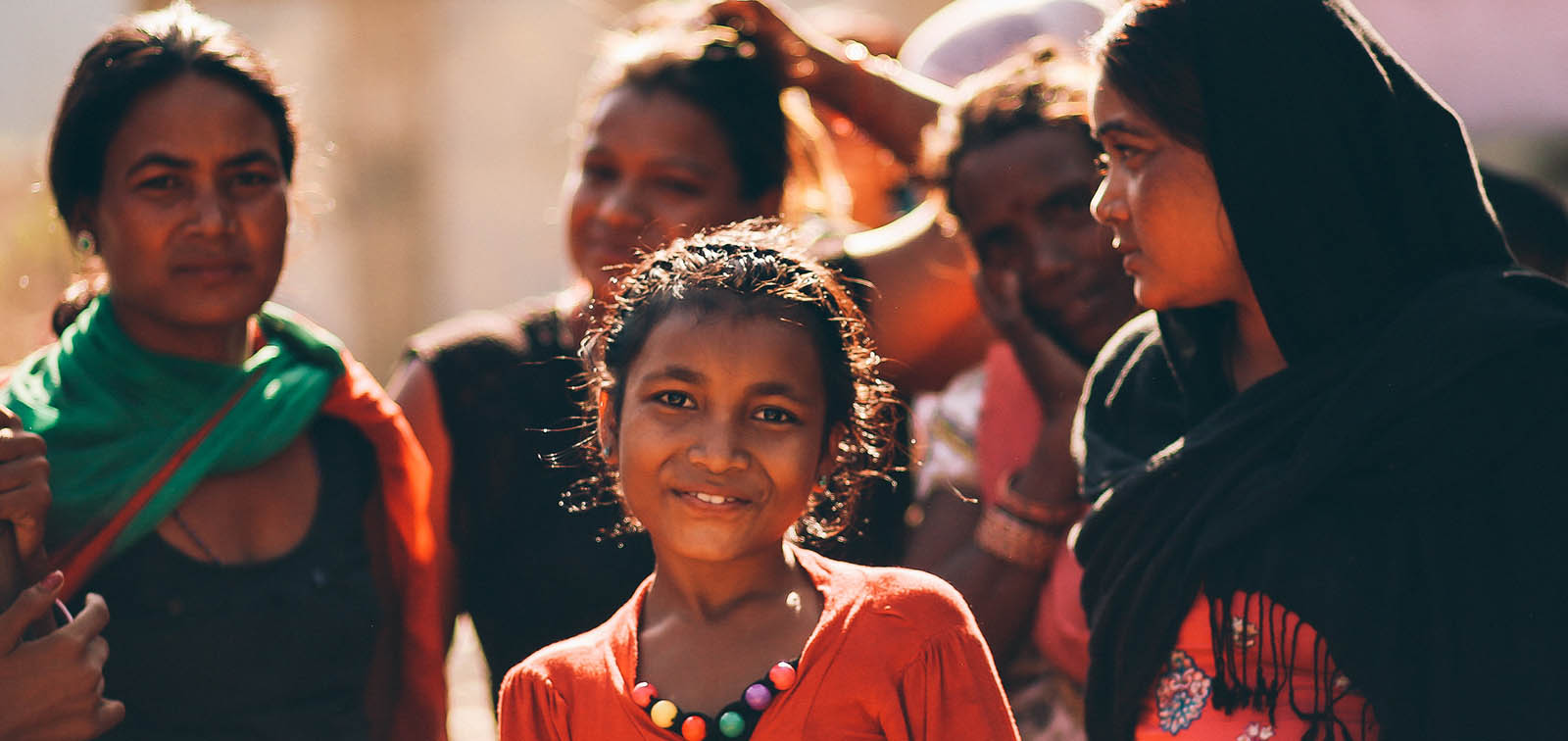An estimated 287,000 women die each year as a result of complications during pregnancy or childbirth. Infectious diseases (sepsis, HIV/AIDS, malaria and tuberculosis) are a significant cause of maternal mortality, which exacerbate risks during pregnancy and postpartum and contribute to one-third of maternal deaths globally. Progress has stagnated since 2015, with most maternal deaths occurring in low- and middle-income countries, particularly in sub-Saharan Africa, which accounts for 70 per cent of global deaths and has a maternal mortality ratio (MMR) estimated at 211 deaths per 100,000 live births, far from the Sustainable Development Goal (SDG) target of less than 70 by 2030.
Cervical cancer, caused by persistent infection with the human papillomavirus (HPV), is the fourth most common cancer in women globally with around 660,000 new cases and around 350,000 deaths in 2022. More than 85 percent of cervical cancer cases and deaths occur in low- and middle-income countries, reflecting major inequities driven by lack of access to effective strategies to prevent cervical cancer such us national HPV vaccination, cervical screening and treatment of pre-cancer lesions.
The global under-five mortality rate has declined by 60% since 1990 (from 93 to 37 deaths per 1,000 live births in 2022). However, significant disparities persist, particularly in sub–Saharan Africa and Southern Asia that account for over 80 percent of these deaths. In 2022, some 4.9 million children under 5 years of age died. Of these, 2.3 million deaths occurred during the neonatal period (the first month of life). Leading causes include infectious diseases and neonatal complications highlighting the need for enhanced healthcare access, vaccinations and nutrition. Without accelerated efforts many countries will miss SDGs targets.
Main Lines of Research
At ISGlobal, our research focuses mainly on the following key areas:
- Improving and expanding strategies for the control of malaria in pregnant women and young children, including those living with HIV.
- Evaluating the effectiveness and acceptability of maternal immunisationfor vaccine-preventable diseases.
- Determining the effectiveness of human papilloma virus (HPV)vaccination programs in adolescent girls to prevent cervical cancer.
- Evaluation of the burden and preventive strategies of emerging infections during pregnancy (e.g. Zika, COVID-19, Lassa fever...).
- Identification of the causes of maternal and child mortality in low-income countries.
Our Team
Leadership
-
 Clara Menéndez Research Professor, Director of the Maternal, Child and Reproductive Health Initiative and Programme
Clara Menéndez Research Professor, Director of the Maternal, Child and Reproductive Health Initiative and Programme
Principal lnvestigators of the Programme
-
 Azucena Bardají Associate Research Professor
Azucena Bardají Associate Research Professor -
 Raquel González Associated Researcher
Raquel González Associated Researcher -
 Cristina Enguita Assistant Research Professor
Cristina Enguita Assistant Research Professor
Highlighted Projects
MULTIPLY
MULTIple doses of IPTi Proposal: a Lifesaving high Yield intervention
ICARIA
Improving Care through Azithromycin Research for Infants in Africa
MAMAH
Improving Maternal and Infant Health by reducing malaria risks in African women: evaluation of the safety and efficacy of dihydroartemisinin-piperaquine for intermittent preventive treatment of malaria in HIV-infected pregnant women
Other projects
See Past ProjectsHIV drug resistance (HIVDR)
Description of HIV drug resistance patterns and its association with the risk of HIV mother to child transmission among pregnant women from southern Mozambique
Evaluación de la eficacia del ácido acetilsalicílico a dosis bajas en la prevención de los efectos maternos y perinatales adversos en mujeres embarazadas infectadas por el SARS-CoV-2
PROTECT
PReparing for Optimal Phase III/IV maTErnal Group B StreptococCal vaccine Trials in Africa


